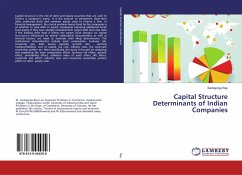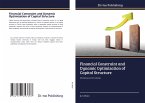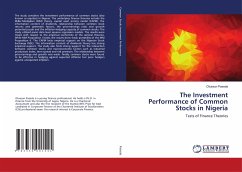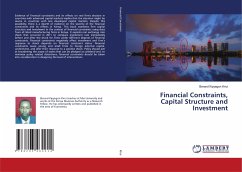Capital structure is the mix of debt and equity securities that are used to finance a company's assets. It is the amount of permanent short-term debt, preferred stock and common equity used to finance a firm. In financial management, the crucial problem being faced by the companies is of whether to raise debt or equity. Companies requiring additional funds float equity if they have already exceeded their target debt level and debt if the existing debt level is below the target. Since decision on capital structure is influenced by several institutional characteristics as well as internal factors, we need to ascertain their likely determinants. The institutional characteristics include asset composition, business risk, corporate size, debt service capacity, growth rate , earning rate(profitability), cost of capital, tax rate, industry class, the corporate ownership pattern etc. More specifically, the study is focused on analyzing and explaining the asset composition effect, business risk effect, growth effect, profitability effect, collateral value of asset effect, life effect, corporate size effect, industry class and corporate ownership pattern effect on debt -equity ratio.
Bitte wählen Sie Ihr Anliegen aus.
Rechnungen
Retourenschein anfordern
Bestellstatus
Storno








